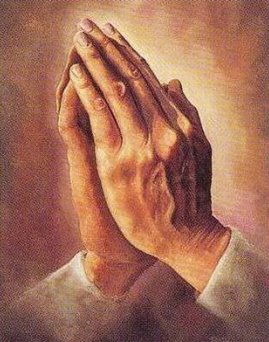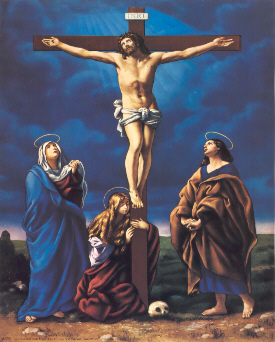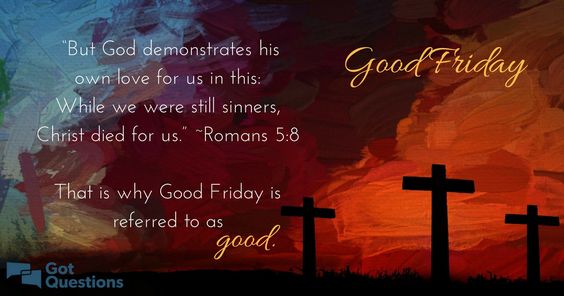Great Friday, Holy Friday, Good Friday

April 18, 2025
Good Friday commemorates the death of Jesus on Calvary, the site just outside the walls of Jerusalem where Jesus was crucified. It falls on the Friday before Easter, for 2022, that’s April 15. Most Christian denominations recognize Good Friday as a holy day, with many, including members of Catholic, Eastern Orthodox, and Lutheran faiths, fasting and attending church services. But there is so much more to this holiday than just these religious rituals. Good Friday is, for many, an intensely personal day of prayer and devotion. Let’s take a closer look.
HISTORY OF GOOD FRIDAY
The crucifixion of Jesus Christ at the site of Calvary is commemorated on Good Friday — a Christian religious holiday. Taking place during Holy Week, the holiday is considered part of the Paschal Triduum on the Friday before Easter Sunday. The day is also widely known as Great Friday, Black Friday, or Holy Friday. Around the world, Good Friday is a national holiday in many countries, especially in the Catholic and Anglican nations. Fasting is the traditional way to observe this solemn day, followed by somber processions.
The exact origins of Good Friday are unknown, but the celebration dates back to the 4th century. Fasting and putting limitations on oneself to mourn the death of Jesus is an ancient practice. Why the holiday is called Good Friday is also unknown, but there are several theories. Some believe that ‘God’s Friday’ evolved to ‘Good Friday,’ while religious devouts firmly believe that the day is named ‘good’ as a symbol of Jesus and everything he stood for against evil-doers. It is also widely believed that Jesus died on a Friday, but this doesn’t explain the addition of ‘good’ to the holiday.
Jesus sacrificed his life out of love for his believers and all mankind. His death was the ultimate sacrifice. Despite it being a terrible day in history, the event paved the way for mankind’s salvation, with Jesus being resurrected two days later.
Friday (Good Friday) - Holy Week Prayer
John 18:1-40, John 19:1-42; Isaiah 52:13-15; Isaiah 53:1-12; Hebrews 10:16-25

Lord God,
Jesus cried out to you on the cross,
“Why have you forsaken me?”
You seemed so far from his cry
And from his distress.
Those who stood at the foot of the cross
Wondered where you were,
As they saw Jesus mocked and shamed and killed.
Where were you then?
Lord God,
We, too, ask where you are,
When there is trouble and suffering and death,
And we cry out to you for help.
Be near to us, and save us
So that we may praise you for your deliverance.
Lord God,
We wait, on Friday, for the resurrection of Sunday
And sometimes our lives seem a succession of Fridays
And we cannot see what is “Good.”
Teach us to call your name
As Jesus did.
Make us to trust in you like little children.
In Jesus’ name,
Amen.

The Seven Last Words of Jesus from the Cross
- To God: “Father, forgive them, for they know not what they do.”
- To the “good thief”: “Truly, I say to you, today you will be with me in paradise.”
- To Mary, his mother: “Woman, behold your son”... and to John: “Behold your mother.”
- To God, his Father: “My God, my God, why have you forsaken me?”
- To all: “I thirst.”
- To the world: “It is finished.”
- To God: “Father, into your hands I commend my spirit.”
Jesus spoke Aramaic on the cross:
About three in the afternoon Jesus cried out in a loud voice, “Eli, Eli, lema sabachthani?” (which means “My God, my God, why have you forsaken me?”).
